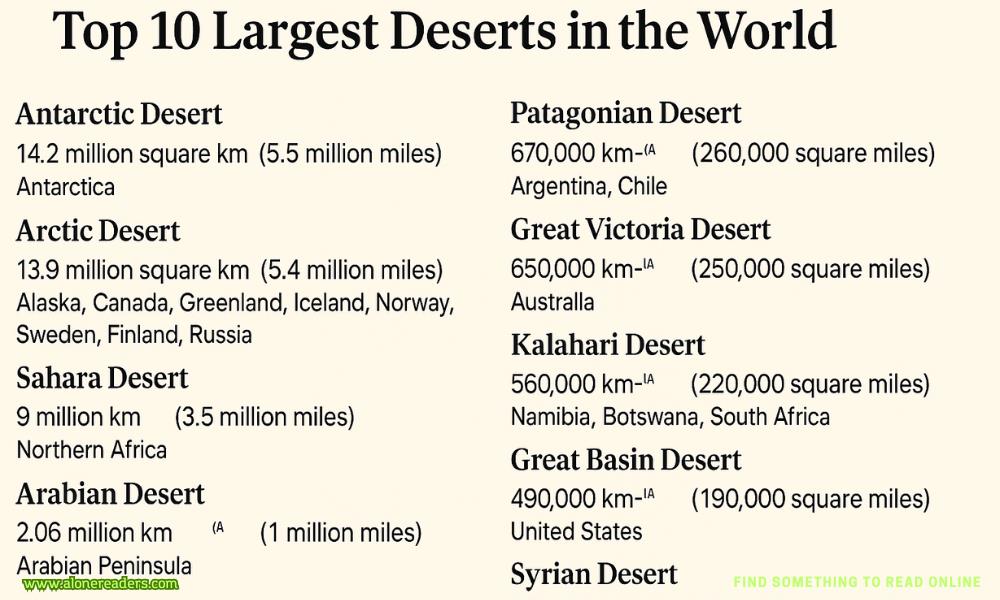Page 8 of In the Garden of Monsters
Ignazio picked up the card, lifted it to his lips, and kissed it, then handed it back to Gala. “Grazie, Signora Dalí.”
“You’re welcome,” she said, sliding the card back into the deck, clearly disarmed.
“Julia, it’s your turn,” Jack said. He nudged Gala, who tore her eyes from the door Ignazio had disappeared through and returned her attention to the deck.
“Fine,” she said, her voice flat. “Your turn, Julia.”
But I didn’t want a card to tell me about my future. I wanted to know about my past.
“I would have preferred The Lovers,” I muttered when I saw that I’d pulled the Death card. It featured a knight waving a flag emblazoned with a double rose somewhat similar to those I’d seen all over thecastello,the emblem of the Orsini family. There were bodies strewn about the feet of the knight’s skeleton mount, and a pope in front of the horse, pleading with Death.
Gala shook her head. “You know nothing. This is a very good card.”
“I don’t see how.”
“Oh, but it is. You’re undergoing a transformation. The old you will die, and the new you will be created. Don’t be a ninny, Julia. Let go of your stupidity, of what you know, and accept what comes your way, no matter how much it frightens you. Let yourself be ripped apart and made anew.”
Despite her cutting remarks, Gala was oddly jubilant, as though she had just given me her own great gift.
“I don’t need a new me.” I stammered, unable to tell her I was desperate to know about the old me.
“I have reinvented myself almost every day, and look where it has got me,” Dalí interjected. “I am the greatest livingartiste. I am the dream, the madman who is not mad. I am Dalí!”
Distraught about the notion of reinventing a me that I didn’t know in the first place, and tired by the events of the day, I excused myself a little while later. I set my hair in rollers, put on my pajamas, and climbed into bed. I was tipsy, and I hoped my fuzziness would carry me into a deep sleep. But when I rolled over and put my hands under my pillow, I encountered something there. I pulled it out and turned on the lamp.
It was a tarot card. The Lovers.
My breath short, adrenaline rushing through my veins, I flung it from me as if it were on fire. How had that card ended up under my pillow? It was the card Ignazio had pulled. Was he the one to place it there? But how had he gotten it from Gala? Did he have a deck of his own?
When I had calmed, I went to retrieve the card but couldn’t seem to find it. I turned on the rest of the lights and searched all over for it—under the bed, in the bedding, behind the nightstand, at the edges of the room. But to no avail. The card had disappeared.
3
A knock on the door roused me from my restless sleep. When I opened it, the servant from the night before swept past me and deposited a breakfast tray on the table near the window. She reminded me of someone, someone I could not place in my empty past, but whom I knew I deeply cared for. As she opened the curtains, letting in the November light, I asked for her name.
She stopped and turned to me as though just realizing I was in the room. “Signorina, I am Demetra,” she said with a wide smile that warmed my heart. She must have been quite beautiful long ago.
I peered down at the landscape behind her, relieved to see it looked just like it should, a pretty valley full of fields and dotted with little groves of trees in the resplendent colors of fall.
“It’s a beautiful day. I hope you enjoy it,” Demetra said as she made to leave.
I stopped her with a hand on her shoulder and thanked her for bringing me breakfast.
“Oh, Julia,” she said as she stared into my eyes and lifted a cold hand to my cheek. The smell of her skin reminded me of damp earth. “You should not have done me wrong.”
“What do you mean?” I asked, pulling away from her.
Her eyes flared with alarming intensity. “Don’t you get tired of doing this over and over?”
I was stunned. What on earth was she talking about? But just as I opened my mouth to question her, the light in her eyes dimmed, and she looked at me, confused, her face once more placid, her eyes blank, as though she were staring through me. “Is there anything else you may need?” she asked, as if nothing had just transpired between us.
Shaken, I said no, and she left without another word.
There was a note with my breakfast, telling me to meet Dalí outside the palazzo at ten o’clock. After a bite of bread and cheese, I decided on the perfect ankle-length, flowing dress the red-and-pink colors of the pomegranate.
When I stepped outside, I was glad to find it was unseasonably warm and I would probably be able to forgo my cape as the day progressed. November could be rainy, but I didn’t see a single cloud in the sky. It was always much warmer in fall and winter in Rome than it was in many parts of Europe, and there were still many days when I wouldn’t even need a jacket.
Dalí and Gala weren’t waiting outside the door as the note had said, but Jack was leaning against the wall nearby. “They’re in there.” He pointed down the narrow street toward the duomo, a little white church with double, curved staircases leading from the road to the door. We walked toward the church.
- Cinderella and the Outback Billionaire by Kelly Hunter
- Beautiful Venom by Rina Kent
- Connor by Samantha Skye
- Mated by Jenika Snow
- Daddy by J.L. Quick
- Fetch by M. Violet
- Loving My Brother's Best Friend by Lena Little
- Hot Cops by Mari Carr
- The CEO by Alexis Winter
- Phixmery by S.E. Alexander
- Veil of Smoke by Sarah Sterling
- Veil of Ashes by Sarah Sterling
- Giovanni the Savage by Sarah Sterling
- Summer Love by Lea Coll
- Sullied Saints by Eva Heart
- Stalked by Leo Rivers







